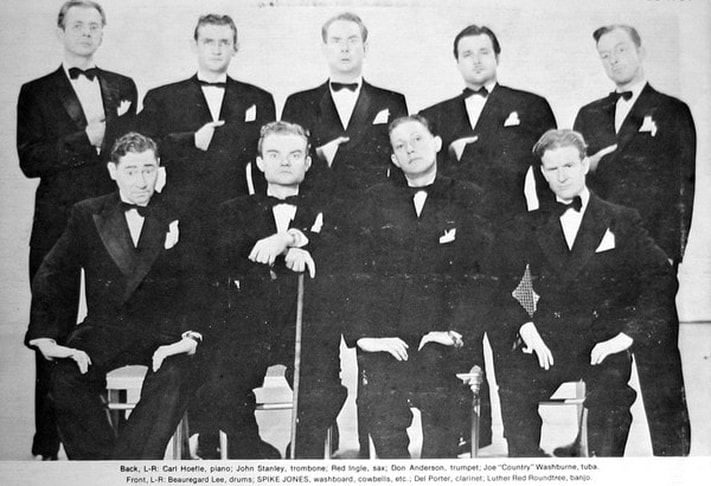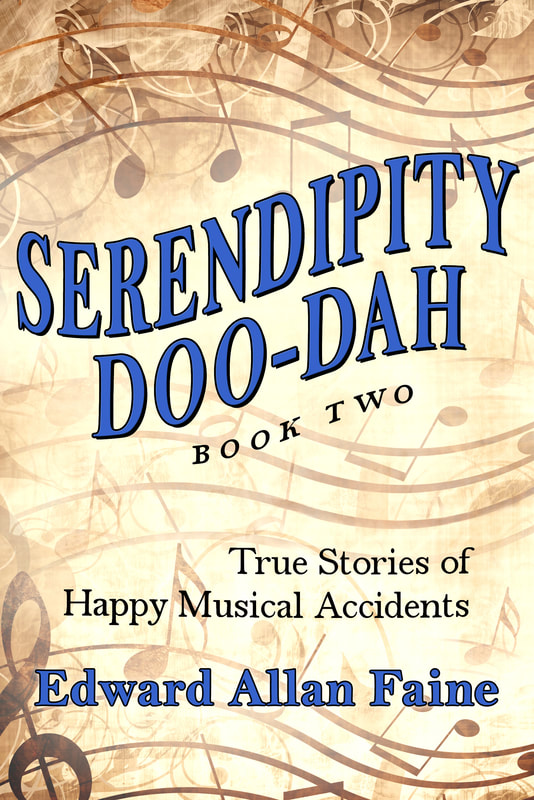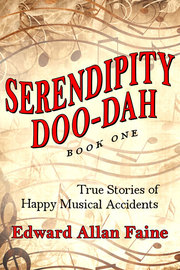NPR All Songs Considered host Bob Boilen once asked modern classical composer Philip Glass to name the song that dramatically changed his life.
Glass said the William Tell Overture (1829) by Italian composer Gioachino Rossini. [1]
 Philip Glass in Italy. 1993. Wikipedia
Philip Glass in Italy. 1993. Wikipedia
But—and here’s the rub—he wasn’t referring to the version rendered by the New York Philharmonic or the Italian La Scala Orchestra, but rather the Spike Jones comedy version.
For those who don’t know Jones, he led a 1930s-era ’50s band called Spike Jones and the City Slickers specializing in satirical arrangements of popular songs and classical selections.
Ballads receiving the City Slickers treatment were punctuated with gunshots, whistles, cowbells, and outlandish vocals.
Jones’s played the zany version of the William Tell Overture on pots and pans over chirping birds, galloping trumpets, crowd noises, gargling, and featured announcer Doodles Weaver narrating a silly horse race, with puns at every turn: “it’s cabbage by a head, banana coming up in the bunch, girdle in the stretch, and the winner is . . . Feetlebaum.”
Perhaps the distance between classical Glass and comical Jones is closer than you might think. Boilen and I, at least, are in agreement. Both musicians were mavericks, eccentric free spirits testing the boundaries of possibility.[2]
Wheeee! Clank, sput, bang, chink tunk, buzz, hup hup, rattle, popzing, tick wheeee!
- Edward Allan Faine, Serendipity Doo-Dah: True Stories of Happy Musical Accidents, Book One (Takoma Park, MD: IM Press, 2017), 120–22.
- Bob Boilen, Your Song Changed My Life: From Timmy Pace to St. Vincent, Smokey Robinson to Hozier, Thirty-Five Beloved Artists on Their Journey and the Music That Inspired It (New York: William Morrow, 2017), 125–32.




 RSS Feed
RSS Feed